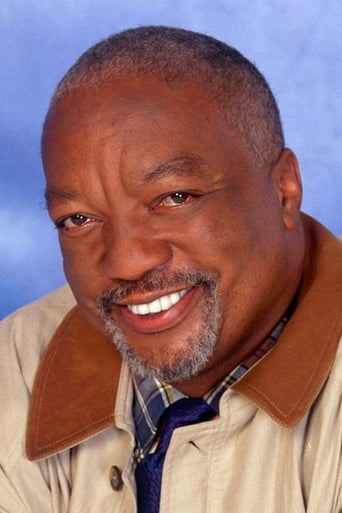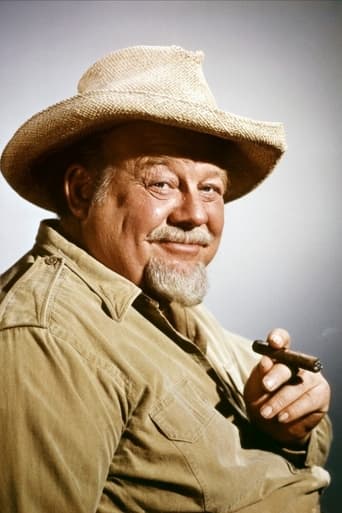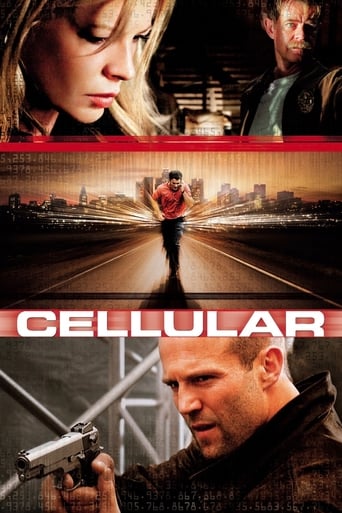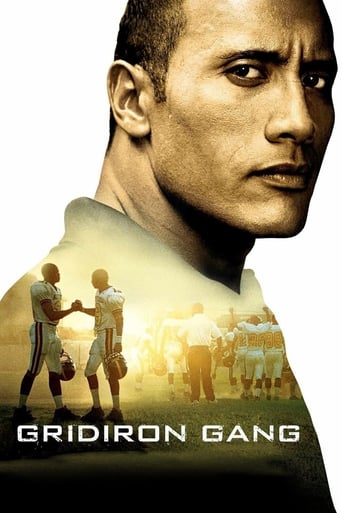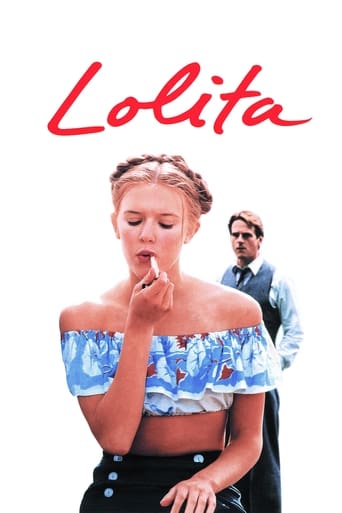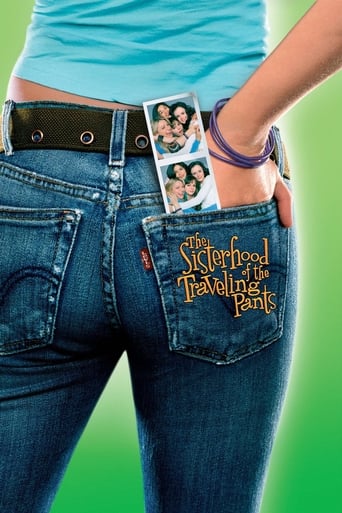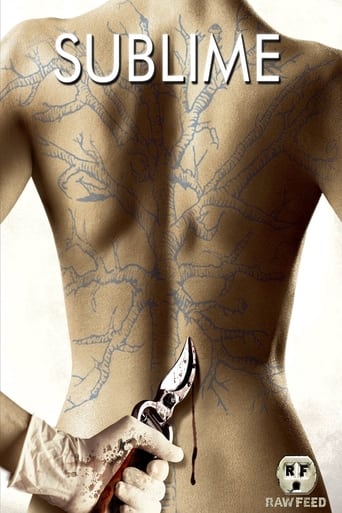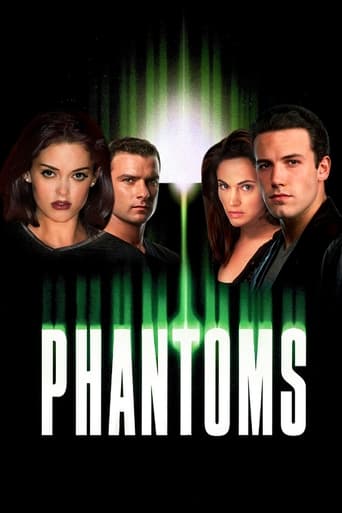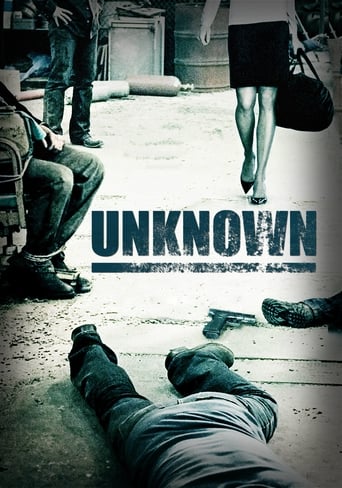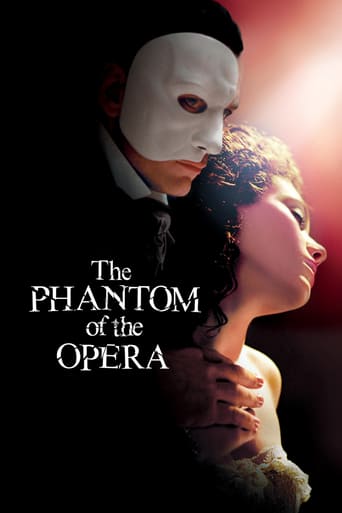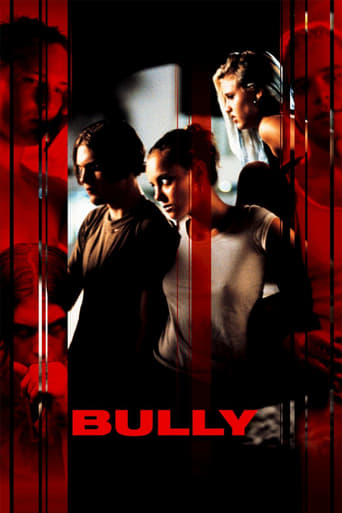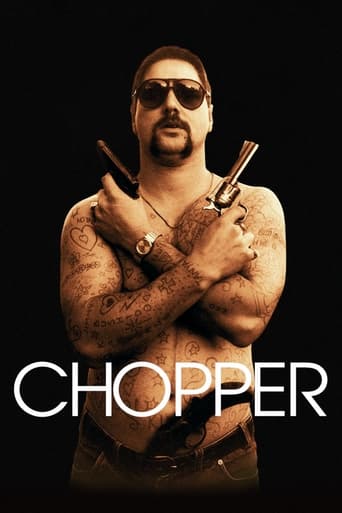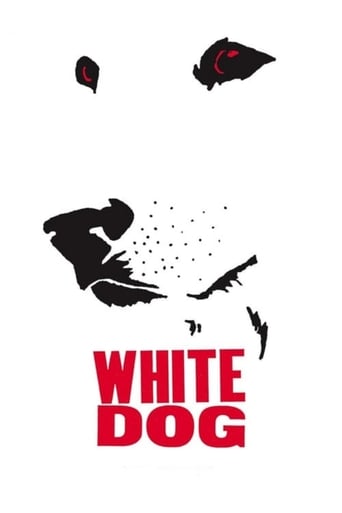
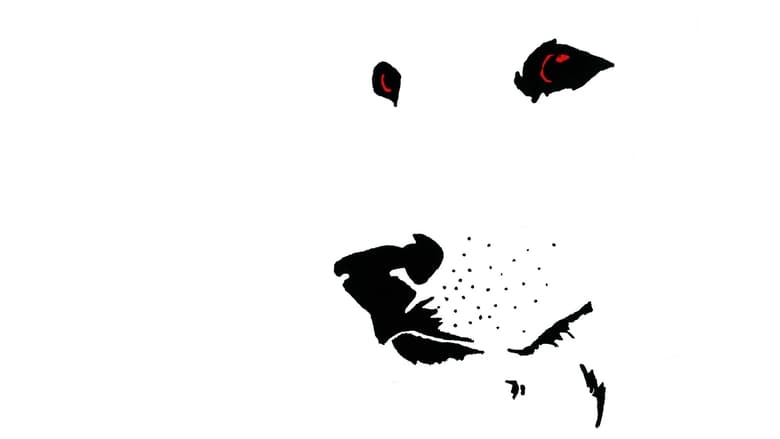
White Dog (1982)
A trainer attempts to retrain a vicious dog that’s been raised to kill black people.
Watch Trailer
Cast


Similar titles
Reviews
This movie is pretty good, only it seemed more like a made-for-TV movie than something you'd expect to see in a theater. The acting is just mediocre at best. The only thing I can see that would keep this off of TV is the language. There are a few G.D.'s in it, which was not something you heard regularly on TV back in the early 80s. Also, it isn't as graphic as it should be, which also goes along with TV-movie standards from back then. Whenever someone is attacked and/or mauled, the victim is never shown - only the dog with blood all over it. I would say this movie is worth watching once or twice, if nothing else, for the historical aspect of it. It supposedly was banned for 25 years or so until Criterion was licensed to release it on DVD, in 2008. I was surprised to see Paul Bartel, of "Eating Raoul" fame, make a cameo in this movie, and, of course, Marshall Thompson, who played in countless 50's B horror movies.
Those people who were quick to condemn this movie for what was perceived as its message unfortunately missed the point. It's deeply affecting stuff, based on a story by Romain Gary, of an actress named Julie (Kristy McNichol) who takes in a beautiful white German Shepherd that she accidentally hits with her car one night. She comes to love the dog, realizing he makes for an excellent guard dog, but comes to learn that this dog has been trained to attack people - specifically, black people. In desperation, she turns to a group of men who train animals for the movies, including Carruthers (Burl Ives) and Keys (Paul Winfield), hoping the dog can be rehabilitated. Keys, who is black himself, makes it his mission to try to get through to this dog; even though he has his doubts, he holds out that slim hope of claiming victory. It's hard to get through this story and NOT be deeply affected; as one can see, this is more than just the story of one dog, it's a means of showing any and all ways that people can channel their prejudices, whether it be through their children, and keep the cycle going, or through man's best friend in this case. The viewer will likely feel the same way as Keys, played wonderfully by Winfield, hoping that against the odds there will be some sort of happy ending. They'll reel from the implications of this dog's actions. Accompanied by beautiful Ennio Morricone music, this movie may have some silly lines and moments here and there, and not exactly be subtle about its message, but one thing is for sure, and that's that it definitely keeps one watching. It's hard to watch at times, in its uncut form, but undeniably powerful. The animal action by Karl Lewis Miller is first rate (Miller also cameos as the would be rapist) and the canine performances are no less than completely convincing; the white dog, played by a quintet of dogs, is truly scary when in attack mode. Co-starring Jameson Parker and Lynne Moody, with bit appearances by the likes of Christa Lang (widow of director Samuel Fuller), Fuller himself as Julie's agent, Marshall Thompson, Bob Minor, Paul Bartel, and Dick Miller, "White Dog" is a movie not easily forgotten, and it's easily deserving of another look. Eight out of 10.
Without any reservations about the subject matter, White Dog explores conditioning and re- conditioning of racism. It is about how racism can come about, and how it can be defeated. It is incredibly thrilling, perhaps the best use of an animal in any piece of cinema I have ever seen (and that includes CGI animals).Samuel Fuller had an interesting and new take on racism and how it can be handled. He wanted to investigate how racism can be tackled in a different way, through understanding and care. The racist just so happens to be a dog, who has been conditioned to attack black people at sight. In an attempt to recondition the dog, its trainers and owner goes through great length to hide their questionable efforts from the community around them.Another theme presented in the movie, which has already been hinted at, is the sacrifices people make in their attempts to achieve something greater. It shows how obsession can make a person lose sight of what he/she originally intended. Samuel Fuller's background as a crime reporter definitely shows in White Dog, which depicts animal attacks that makes the Discovery Channel pale in comparison. The use of graphic imagery of attacks and aggression seen in the dog makes the viewer fearful of what might happen at any moment.But sadly, there are many moments which clearly states that it is a B-movie, and therefore it is not as good as it could have been. There is nothing like a very cheesy moment to set you back from the actual intention of the piece itself. The ambiguous ending also causes a lot of people to miss out on the meaningful message at the very end, which I encourage everyone to find and think about.Overall the movie is very rewarding. The movie also makes one wonder why the movie never was given a chance in theaters, and why Samuel Fuller had to 'flee' the country after it was made. Without a doubt the movie is anti-racist, but I guess that is not how it was received...
White Dog is not a racist film. Samuel Fuller's (the director) intention was not to make a racist film. So why was this movie deemed racist? It was banned in the US and only recently released on DVD. Fuller, accustomed to making B-movies with not much of a "good reputation" thought he could get away with his "radical" messages because he had more freedom to do so. I think the people who thought of this movie as racist only thought so because it's about a white dog attacking black people. However, that's just a tag line; really it's about a racist trainer who brainwashes a dog to attack black people and how a black trainer tries to re-teach the dog not to. In the end the trainer is victorious. Some, who still think the film is racist, might interpret the ending as confirming racism. For a dog, race is just black and white, but the movie said a lot about racism in human society, and the possibilities of re-conditioning. Fuller's movie might not be the greatest film about racism but it very cleverly portrays racism through the medium of a dog—neutral in thought.



